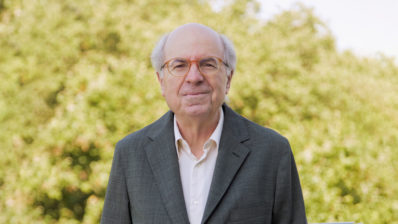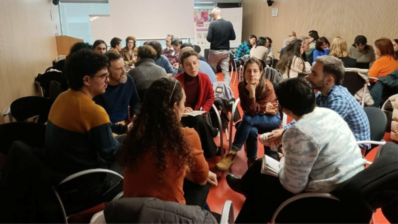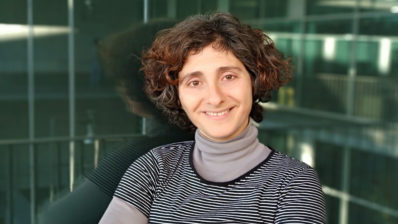On 22 April 2024, the Barcelona Biomedical Research Park (PRBB) hosted the Electoral Debate: Science at the Heart of Public Policy. It was an event organised by the Catalan Association of Scientific Communication (ACCC) and the Catalan Association of Research Centres (ACER). The debate was chaired by science and health journalist Cristina Sáez. It was attended by representatives of all the political forces involved in the upcoming elections to the Catalan Parliament on 12 May: Eva García (PP), Albert Marañón (Comuns Sumar), Toni Castellà (JuntsxCAT), Alicia Romero (PSC), Adrià Guevara (ERC), David Andrés (Ciudadanos) and Manuel Acosta (VOX).
For two hours, the participants discussed research and innovation as a driver of development and a source of evidence for policy-making. Issues such as the effective management of resources, the promotion of dialogue and reflection, transparency and accountability, education and awareness, and scientific integrity were addressed.
In general, the political parties agree on the importance of science as a driver of economic and social development. The different groups see the Science Law as the framework for guiding science policy in Catalonia. They also agree on the need to increase funding, improve the coordination of the research and innovation system, promote the transfer of knowledge and innovation, and avoid the loss of talent. The discrepancies between the parties concern the definition of specific policies, funding, the implementation of ideas and the management of research.
The event began with the discussion of three proposals that the organisers had previously presented to the different political forces:
- The creation of a Ministry of Science that includes universities.
- The holding of an annual plenary session on Science in Parliament and the accountability of the government’s science policy.
- Transparency in the impact of science on policy, with the dissemination of the tasks of the committees that provide scientific advice to the Parliament (Parliamentary Advisory Council for Science and Technology, CAPCIT) and to the Government (Council for Research and Innovation in Catalonia, CORICAT).
The moderator then posed some questions about the relationship between politics and science, mentioning funding, management, policy and communication. At the end of the event, the floor was opened for questions from the audience.
The ACCC has published a chronicle of the election debate with a summary of the comments and responses from the various political groups. In addition, the full broadcast of the event is available on its YouTube channel.







